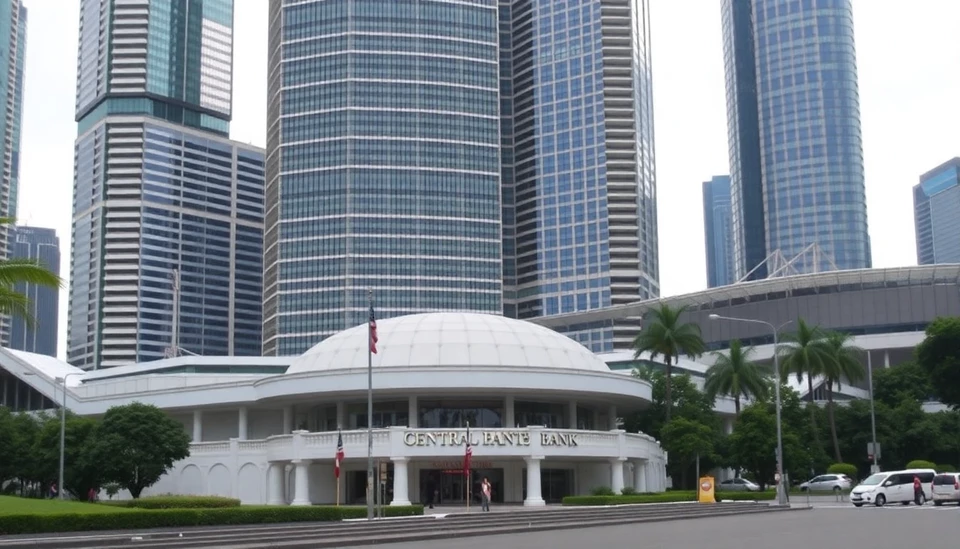
In a significant move reflecting the ongoing economic challenges, Singapore's central bank, the Monetary Authority of Singapore (MAS), has decided to maintain its current monetary policy settings in response to persistently high inflation levels. This decision, announced on October 10, 2024, comes as the city-state faces a complex economic landscape driven by both global factors and local pressures.
The MAS has opted to hold the appreciation rate of the Singapore dollar, which is effectively pegged to a basket of currencies, stable for the time being. This approach suggests a strategy geared towards gradual adjustment rather than abrupt changes, indicating that authorities are adopting a wait-and-see method amid concerns over sticky prices that could hinder economic growth.
Analysts had anticipated this decision, speculating that the MAS would prioritize stability as rising costs continue to exert pressure on households and businesses alike. The move aligns with the central bank's dual mandate to promote economic growth while ensuring price stability, providing a balance amidst a fluctuating global economy and domestic challenges.
The central bank's assessment noted that inflationary pressures are expected to persist, mainly due to ongoing supply chain disruptions and heightened demand in various sectors. These factors have contributed to an uptick in consumer prices, prompting the MAS to carefully navigate its policy tools. By holding monetary policy steady, the MAS aims to provide a favorable environment for economic recovery while keeping inflation in cheque.
Economists have pointed out that Singapore's situation is particularly unique, given its status as a trade-dependent economy. External factors such as global energy prices and geopolitical tensions further complicate the inflation outlook, leading the MAS to consider a broad range of indicators before making future adjustments.
In the broader context, this latest decision from the MAS underscores the challenges faced by central banks worldwide as they seek to balance the imperatives of economic recovery against the persistent threat of inflation. Singapore's strategic position in Southeast Asia makes its monetary decisions closely watched by regional and global investors, highlighting the interconnectedness of the global economy.
Moving forward, market participants will be on high alert for any signals from the MAS regarding potential future actions. Many analysts expect that while the central bank may maintain its current stance for the time being, any shifts in the global economic landscape or domestic inflation rates could prompt reassessments in the coming months.
Ultimately, Singapore's decision to hold firm amidst ongoing economic uncertainties reflects a prudent approach aimed at safeguarding the nation's economic resilience in the face of persistent inflationary pressures.
#Singapore #MonetaryAuthority #Inflation #EconomicPolicy #MAS #CurrencySettings #FinancialStability
Author: Laura Mitchell




